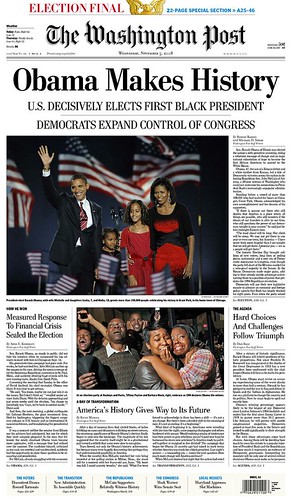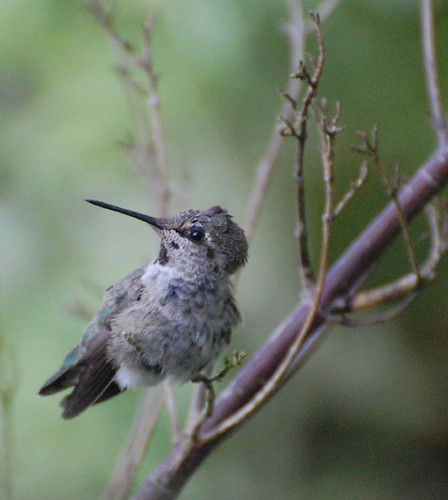Growing up, among us
multitudinous baby-boomers, it became fashionable to hate, disrespect, and/or
break completely with one’s parents. I
don’t know if every generation experiences this…I suppose, in some ways, it’s a
universal concept of coming of age. But,
rebellion was pop culture back in
those days, so our teen-age years were particularly anti-parent. There wasn’t one among my mostly comfortable,
middle class friends who didn’t loudly and roundly talk trash about their
folks. Except me. I never did.
Because Dad’s basic goodness, decency and quiet dignity just could not
be denied or disrespected.
In those changing times, our
parents had it rough. How difficult must
it have been, really, for a generation to queue up and die by the thousands in
the name of preserving global freedoms, then come home, settle down, and have
your kids reject you and all you stood for twenty years later? There was a lot of “my way or the highway”
going on then. Kids rebelled, parents
threatened, and many families were blown apart…scattered to the four winds.
Dad never participated in
that kind of drama. He was not the kind
of person who could not or would not accept what his children did. Because his own life had been drastically altered
by that very attitude. His mother was what
my parents might have called “a pill” (we have a different word for that,
nowadays…) She so stubbornly and
steadfastly stood against the choices her children made as they gained
adulthood that my dad and his sisters flew as far away from the nest as they
could get, as fast as humanly possible.
Within a decade after the war, Dad had settled in Chicago, his oldest
sister in Florida, and his other sister was in California, leaving their
parents with a painfully deserted nest in Oregon.
One of the greatest regrets
of my life is that Dad didn’t talk much about his growing up years. I suspect that his recollections swirled with
conflict and negative emotion—two things that were anathema to him. We heard one or two of his favorite stories…but,
living so far away from his people, we never got a good sense of where he had
come from or what his life had really been like. We did know that the infrequent interactions
between our little family and his parents were always tense and nerve-wracking
for him and my mother. I don’t know
about the rest of my sisters, but I grew up petrified of my paternal
grandparents, for no other reason than that you could cut the tension with a
knife any time you got my mother and my grandmother in the same geographical
vicinity.
Grandmother’s overbearing
disapproval of Dad’s choice of wife tainted every visit…though harsh words were
never spoken. I don’t think she really
hated Mom…she never got to know her, really.
And I strongly suspect she would have found some reason to reject any woman
my dad brought home. But she hated the idea of my mother. She never softened her attitude over the
twenty-two years her life overlapped with my parents’ married life, and never
let anyone forget it.
Having suffered the pain of a
rigid, judgmental parent, Dad would never become one. Perhaps his experience made him a little too lenient with us, but we certainly
weren’t spoiled, and we were never out of control. He led by example; let us know how an adult
was expected to act by being the
adult he wanted us to be. There was
nothing disingenuous or false about him.
There was nothing of “Do as I say, not as I do.” He was never effusive with praise or
condemnation. He simply walked the walk
and expected us to follow.
And, for the most part, we
did.
Like all young people, our
lives were very much trial and error.
Maybe, in fact, we had more opportunity than most to experience trial
and error, because, rather than demanding that we never, ever, indulge in this
or that kind of activity, Dad let us make our own mistakes. We had a strong concept of right and wrong,
we always understood there were limits to decent or accepted behavior. But once in awhile, we’d step out and do
something dog-ass stupid. And Dad would
always be there to pick us up and dust us off, or welcome us back when we came
to our senses. And if we brought a
friend home—be it boy or girl—even if the person was obviously not the best
choice of companion, that person would immediately become beneficiary of Dad’s
quiet, dignified acceptance. Dad would treat
any mutt we brought home like a papered pedigree. Which was actually a pretty effective means
for chasing off the unworthy, and polishing the rough diamonds—though I don’t
think that was ever Dad’s actual agenda.
Earlier this month, the
sixteenth anniversary of Dad’s passing came and went. I didn’t dwell on it, this year. Didn’t let it make me sad. I think I’ve come to terms with his having
walked on. I find it does more good to
cherish the memories and the legacy than to waste emotional energy dwelling on
the fact of his death and the family turmoil that followed. I think I understand, now, that Dad was such
a huge part of our lives that it was inevitable that we suffer major trauma
when he left. I’ve often said that he
was what was good and true about our family…he WAS the glue that held us together. And when he left, it took us a long time to
figure out how to keep ourselves connected without him.
But we did figure it out,
eventually…largely because of who he was and what he left behind—the ingrained
knowledge that family is always there, it never falters, it never deserts, it
always forgives. Without that, I
honestly don’t know what would have happened to us after he died.
I love you, Dad. And though I miss your physical presence, I
understand that your essence will always be with us. That you will always be one of the best and
finest parts of me. And I hope,
even though I don’t have children of my own, that I can somehow pass your
legacy to someone else who would thrive under it and cherish it, before I walk
on.





















You were blessed with an awesome Dad! What a treasure, and what a legacy. Cherish it always as you did in this post.
ReplyDeleteLife & Faith in Caneyhead